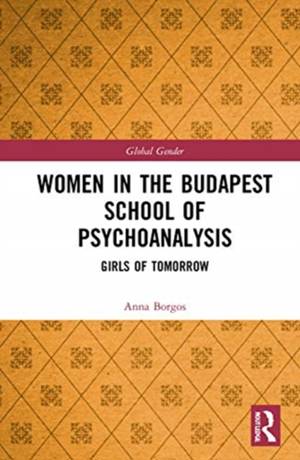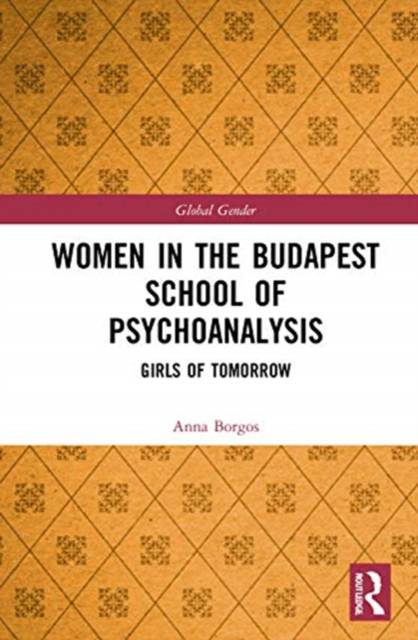
- Retrait gratuit dans votre magasin Club
- 7.000.000 titres dans notre catalogue
- Payer en toute sécurité
- Toujours un magasin près de chez vous
- Retrait gratuit dans votre magasin Club
- 7.000.0000 titres dans notre catalogue
- Payer en toute sécurité
- Toujours un magasin près de chez vous
Description
This book explores the life, scholarly oeuvre and intellectual connections of the significant "first generation" Hungarian female psychoanalysts, situating their lives within the wider context of social history and the history of psychoanalysis.
Budapest was one of the main centres of psychoanalysis in the early 20th century - in a period which was also central regarding women's changing roles and possibilities. Favourable social circumstances met a new, freshly developing profession's need for receptive followers regardless of their sex. This book shines a light on the social and professional factors on the life and work of these first women psychoanalysts, examining documentary evidence of their lives and drawing upon the literature of psychoanalysis, social history, and gender studies. Through their life stories, not only the history of psychoanalysis, but also the processes of 20th-century women's history and social-political developments in Hungary and the region can be reconstructed. Key psychoanalysts explored include Lilly Hajdu, Edit Gyömrői, Alice Bálint, Vilma Kovács, Lillián Rotter and twelve further women analysts.
This important book will be of interest to researchers in gender studies, the history of psychoanalysis, women's and gender history, and Eastern European history.
Spécifications
Parties prenantes
- Auteur(s) :
- Editeur:
Contenu
- Nombre de pages :
- 202
- Langue:
- Anglais
- Collection :
Caractéristiques
- EAN:
- 9780367650865
- Date de parution :
- 30-07-21
- Format:
- Livre relié
- Format numérique:
- Genaaid
- Dimensions :
- 156 mm x 234 mm
- Poids :
- 480 g

Les avis
Nous publions uniquement les avis qui respectent les conditions requises. Consultez nos conditions pour les avis.






